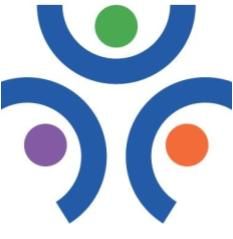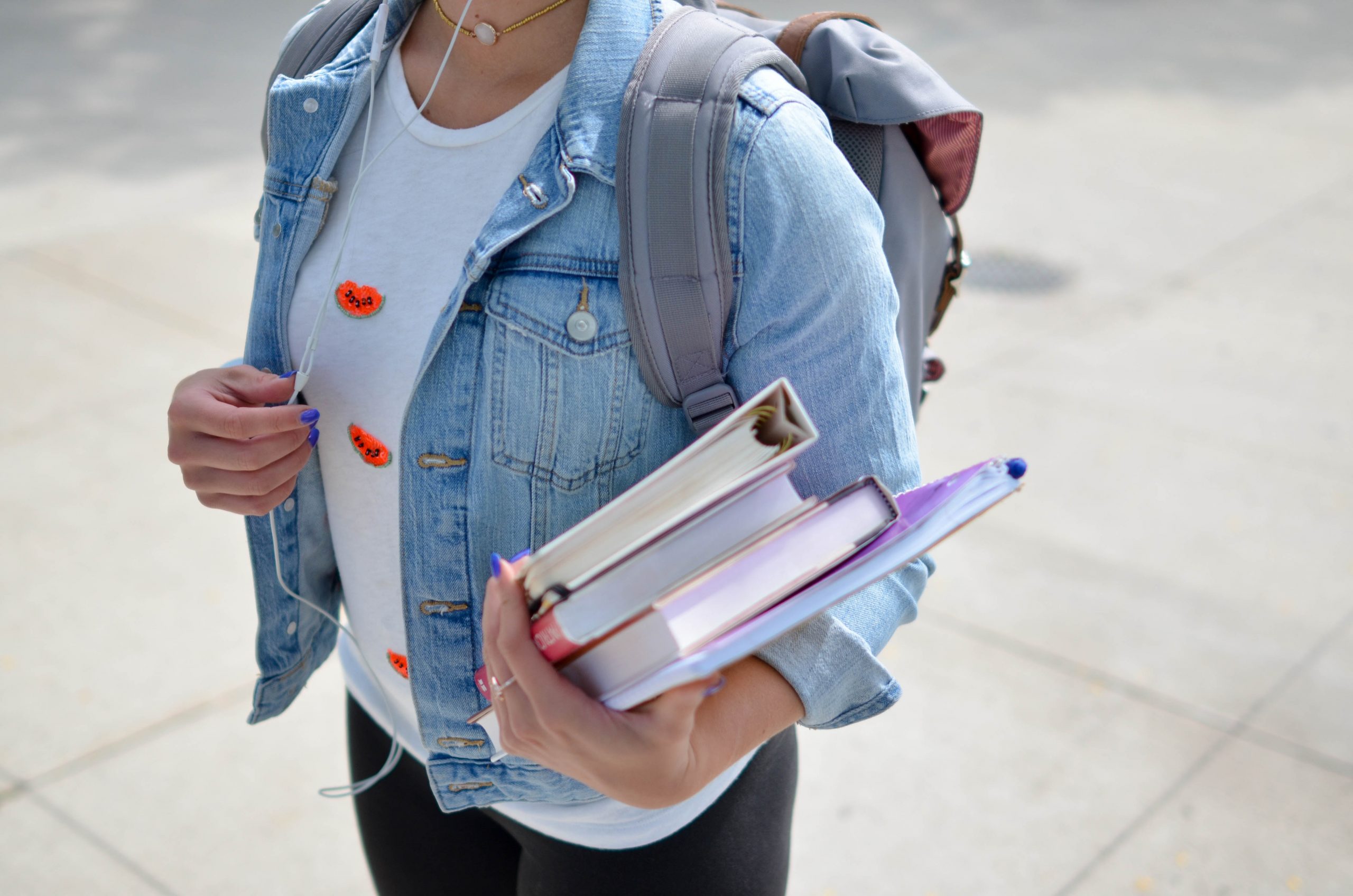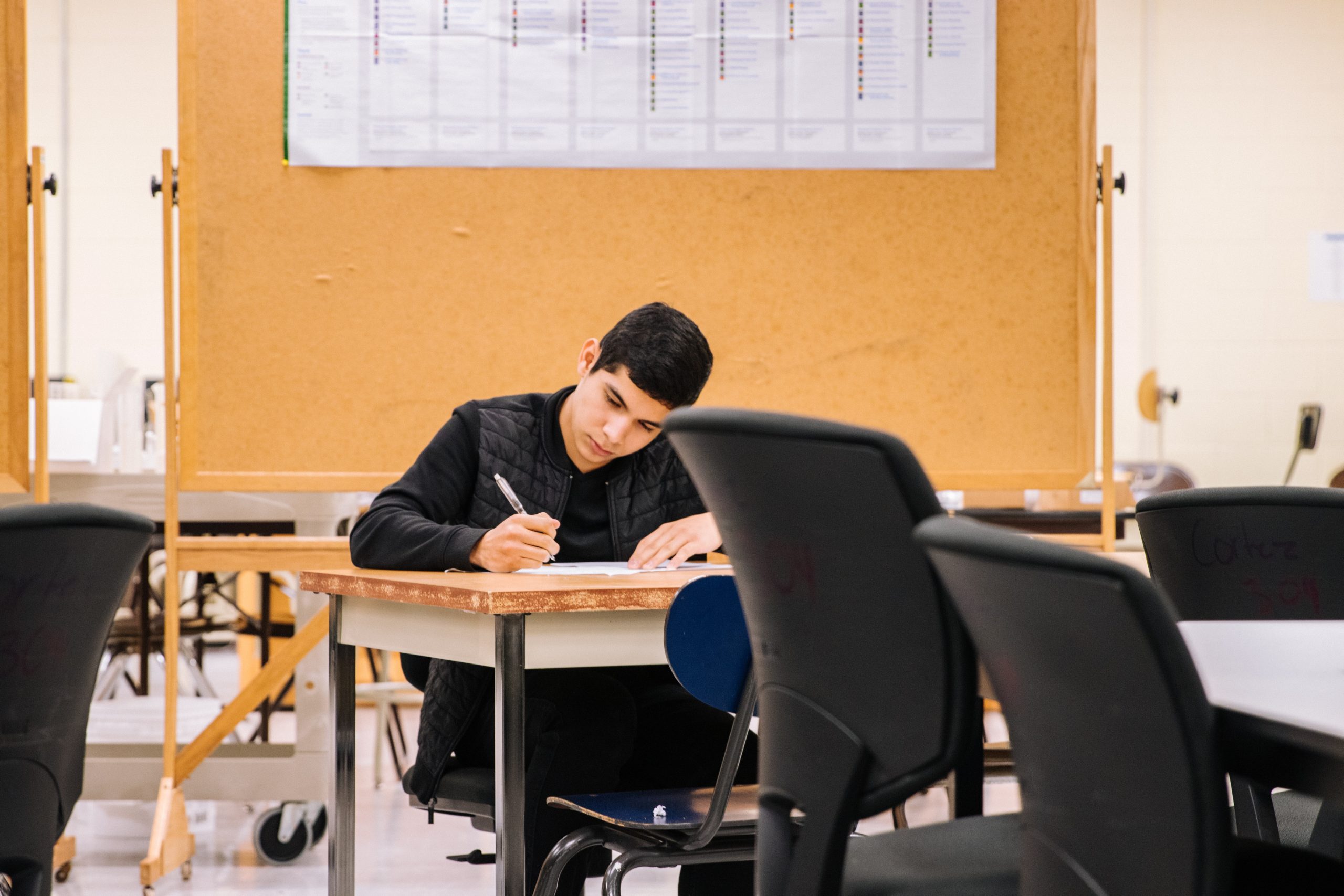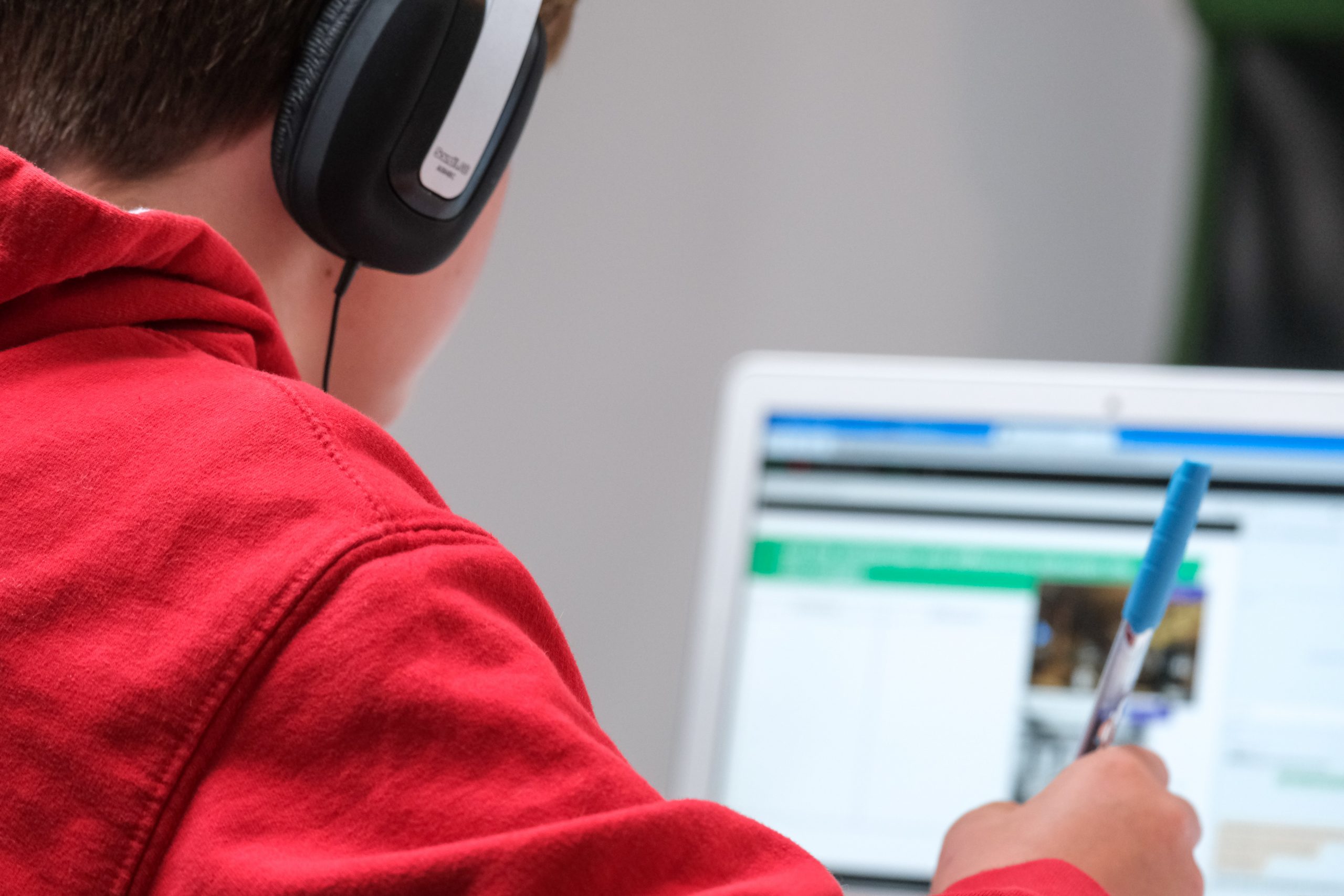For students with learning differences like ADHD or dyslexia the traditional classroom rarely provides the resources they need to succeed. Student-centered learning, on the other hand, is a tailored approach that puts each individual child in the driver’s seat of their own education—and prepares them for a lifetime of academic and social achievement that would be impossible without the right resources.
Lake Michigan Academy is what happens when a team of highly specialized teachers with knowledge in a variety of learning differences come together to provide a specialized approach to learning for students of all ages. Student-centered learning has helped hundreds of our graduates and current students gain mastery over their special skills and overcome their challenges, with many going on to perform with confidence at the post-secondary level.
What Exactly is Student-Centered Learning?
Student-centered learning, also sometimes called “personalized learning,” is the term used to describe a host of different approaches to individualized study that engages the student where they are at, not where a student believes they should be. Student-centered learning (SCL) allows for a higher level of student engagement and hands-on projects that are overseen, but not necessarily guided by, teachers.
Students with learning disabilities like ADHD often have a profound passion for certain topics and the ability to hyperfocus on subject matter that interests them. Student-led projects, especially in the higher grades, allow students the freedom to apply their knowledge in practical, real-world ways.
Interdisciplinary Learning and Why It Matters
It could be argued that students learning under an SCL framework enter the workforce with more practical experience than their peers, due to the overemphasis on theory in most traditional educational programs. Graduates of Lake Michigan Academy are primed for the singular focus of a college degree, or the workforce, where interdisciplinary knowledge is crucial to professional success and advancement.
To put it simply, being able to draw connections between various subject matters and understand how topics link together is one of the most important skills a young person can have. Student-centered learning strategies emphasize a deep connection between subject matter, personal interest, and practical application. When students care about and understand the way their studies operate on a larger scale, they are more likely to retain knowledge.
At our special education school, we serve families throughout Grand Rapids and the surrounding area who have felt let down by public education. With small class sizes, qualified special education teachers, student-centered learning, and a supportive environment overall, our students not only achieve higher grades but become more confident in their academic performance.






